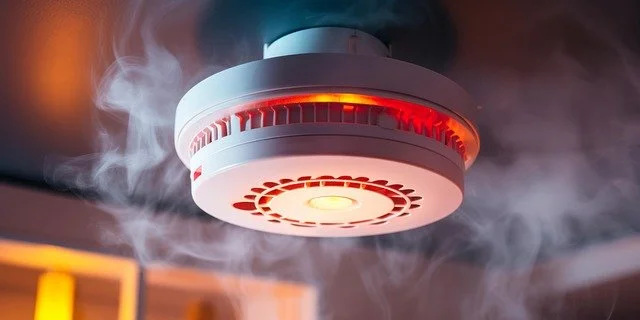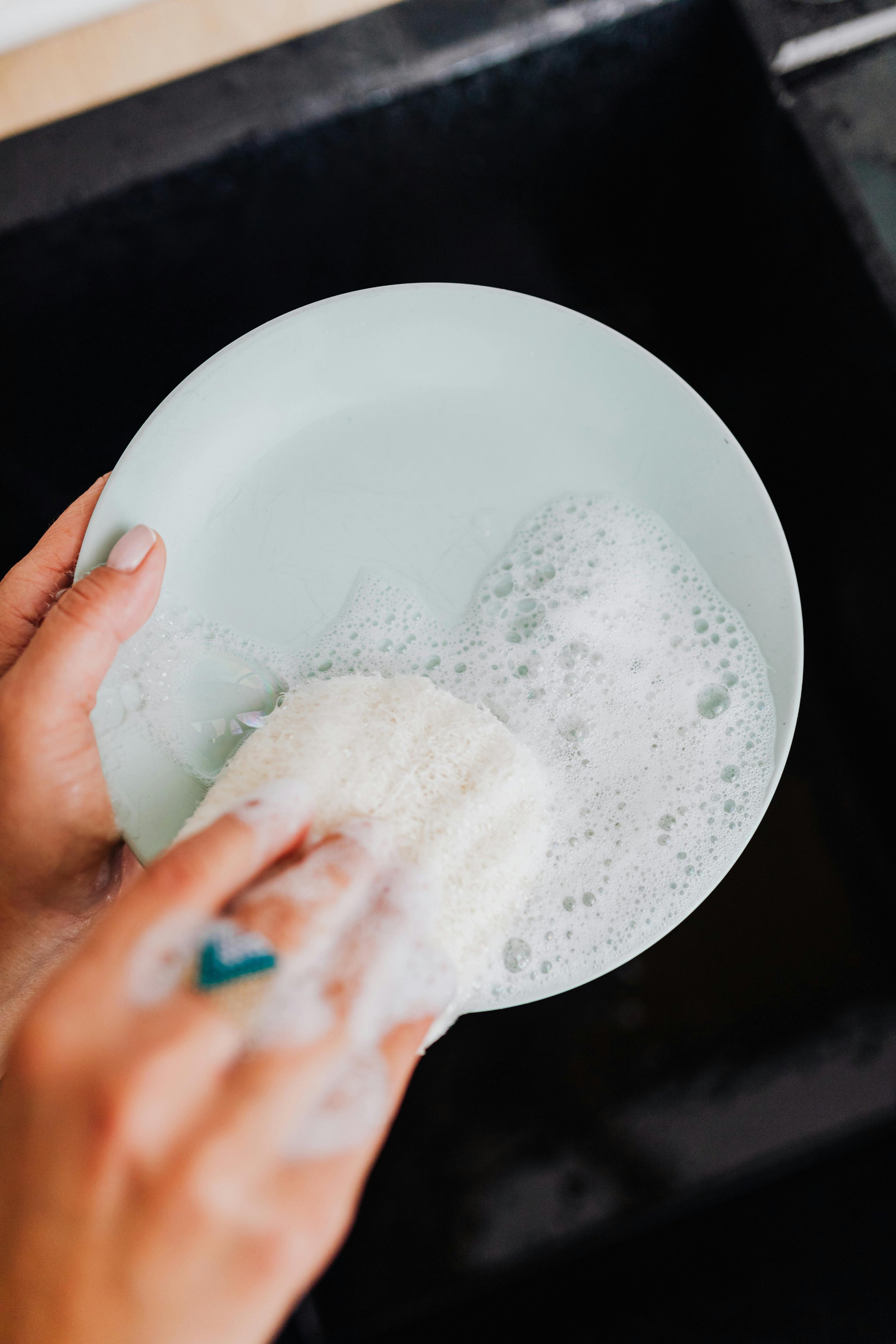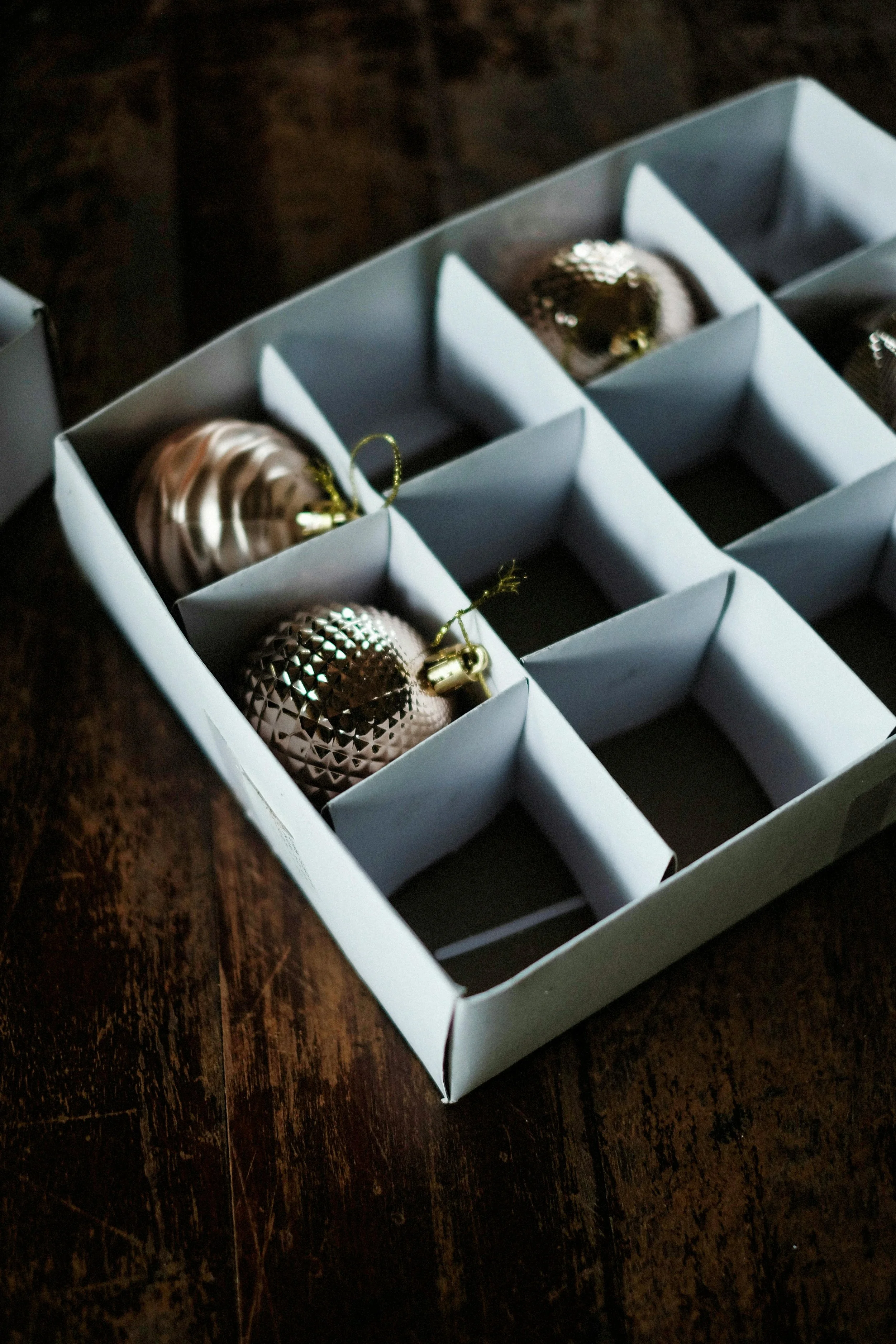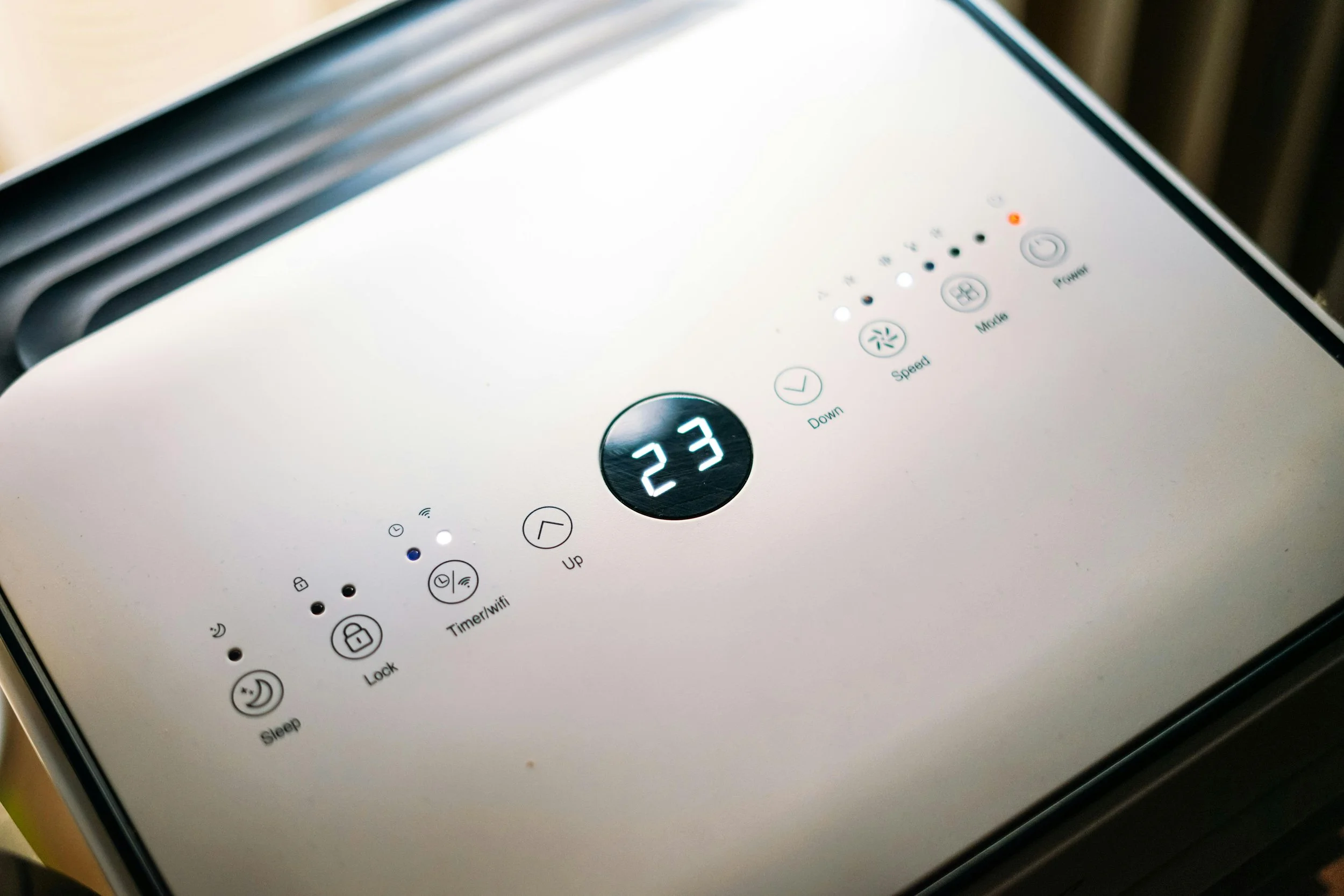Why the best New Year home plans start with maintenance, not makeovers.
Getting ready for the new year doesn’t have to mean setting your house back to zero. It doesn’t require ripping everything out, replacing perfectly good systems, or turning your January into a month-long stress test. Instead, the start of the year is a chance to take stock of where your home is now and prepare it to move forward in small, practical ways that pay off over time.
We tend to approach the new year with big ideas and even bigger goals. We make ambitious plans, vow to overhaul everything at once, and promise ourselves that this will be the year we finally get it all together. And then, somewhere around February, reality taps us on the shoulder. We burn out because we asked too much of ourselves too quickly.
Home maintenance doesn’t have to follow that pattern.
Rather than doing everything at once, let’s focus on the core tasks that truly matter at the beginning of the year, with additional items you can layer in as you have time or schedule out for later. Think of this as setting your home up for success, not demanding perfection from it.
Start With Safety
Before you worry about efficiency, organization, or upgrades, start with safety. This step sets the foundation for everything that follows, and the good news is that it’s usually straightforward and inexpensive.
Test your smoke alarms and carbon monoxide detectors throughout the home. Batteries should be replaced twice a year, and if you haven’t done that yet, the start of the year is the perfect moment to reset that habit. While you’re at it, check the age of the devices themselves. Detectors don’t last forever, and older units may need to be replaced entirely.
Next, take a look at your emergency kits. Toss anything that’s expired, damaged, or missing pieces, and restock items like batteries, flashlights, and first aid supplies as needed. If you don’t already have enough food and water on hand to last about three days, now is a good time to correct that.
Update your In Case of Emergency contact list so phone numbers and providers are current. This list should include family members, close friends, neighbors, doctors, veterinarians, utility companies, and other essential services. Print a copy and keep it somewhere easy to find.
Finally, take a few minutes to review evacuation or disaster plans. That might sound dramatic, but it doesn’t have to be. Even a quick family conversation, pets included, helps everyone know what to do if the unexpected happens.
Preventative Maintenance
That first step was important, but fairly easy. Now it’s time to step things up just a bit and take a good look around the house.
Preventative maintenance is the quiet hero of homeownership. Small inspections and simple fixes done early can prevent much larger, more expensive problems later in the year.
Check for leaks under sinks, around toilets, and near your water heater. Even a slow drip can waste water and lead to damage over time. Inspect grout and caulking in kitchens and bathrooms and touch up any cracks or gaps before moisture becomes an issue.
Take a walk around the exterior of your home. Look for missing shingles, sagging gutters, or signs of water pooling near the foundation. Clear debris from gutters and downspouts so water can drain properly, especially during winter thaws.
Inside, tighten loose doorknobs, fix squeaky doors, and address small repairs you’ve been putting off. These tasks are easy to overlook, but they add up quickly when ignored.
Energy Efficiency
Still with us? Good. This is where effort starts paying you back.
Improving energy efficiency doesn’t require a major renovation. Start by checking for drafts around windows and doors. Cold air sneaking in during winter forces your heating system to work harder than it needs to. Weatherstripping and caulking are inexpensive fixes that can make a noticeable difference in comfort and utility bills.
Replace or clean HVAC filters according to the manufacturer’s recommendations, usually every one to three months. Dirty filters restrict airflow and reduce system efficiency. If it’s been a while since your heating or cooling system was serviced, scheduling a professional tune-up is a smart move.
Simple upgrades like switching to LED lighting or installing a programmable thermostat can also reduce energy use without changing how you live day to day.
Air, Water, and Ventilation Systems
This is the category that often gets overlooked, and it absolutely shouldn’t.
Air filters, dryer vents, and ductwork play a major role in indoor air quality. If filters are clogged or vents are blocked with dust, pet hair, or lint, your systems have to work harder and the air you breathe suffers. Clean or replace filters as needed, and consider professional duct or dryer vent cleaning if buildup is visible.
Pay attention to humidity levels in your home as well. Ideally, indoor humidity should fall between 30 and 50 percent. Levels that are too high can encourage mold and mildew, while air that’s too dry can damage finishes and affect comfort.
Water quality matters too. Sediment buildup in water heaters can reduce efficiency and shorten their lifespan. Flushing the water heater at the beginning of the year helps remove that buildup and keeps it running more effectively.
These tasks don’t just protect appliances. They protect your health and well-being.
Organization Now Is Financial Protection Later
This part isn’t glamorous, but it’s powerful.
The start of the year is an ideal time to update your home inventory. Go room by room and document electronics, furniture, appliances, and valuables. Take photos, record serial numbers, and keep receipts if you have them. Store this information digitally and back it up somewhere safe.
An up-to-date inventory makes insurance claims far easier if something goes wrong, whether that’s a fire, theft, or weather-related damage.
While you’re organizing, review warranties, manuals, and insurance policies. Make sure you know what’s covered, what isn’t, and when renewals are due. Declutter paperwork and digital files so important documents are easy to find when you need them.
Cosmetic Updates
If you’ve made it through the entire list and you’re still feeling good, we love that energy. Take a breath. You’ve handled the important stuff.
Now you get to have a little fun.
Cosmetic updates aren’t essential, but they’re rewarding. A fresh coat of paint, rearranged furniture, new fabrics, or finally replacing that dining table you’ve been talking about for years can make your home feel renewed without major disruption.
These changes are the reward for taking care of the behind-the-scenes work first. They remind you why maintaining a home is worth the effort.
Keeping Your Home Running Smoothly
While we can’t help with your HVAC system or your home’s organization, we can help keep your appliances running smoothly. At Appliance Rescue Service, we know how much your day-to-day life depends on the appliances you rely on most.
As the new year begins, take a moment to consider whether your appliances are performing as well as they did when you first bought them. If something feels off, sounds wrong, or just isn’t working like it used to, give us a call. We’re happy to help get everything back into tip-top shape, so your home can carry that fresh start feeling all year long.
























